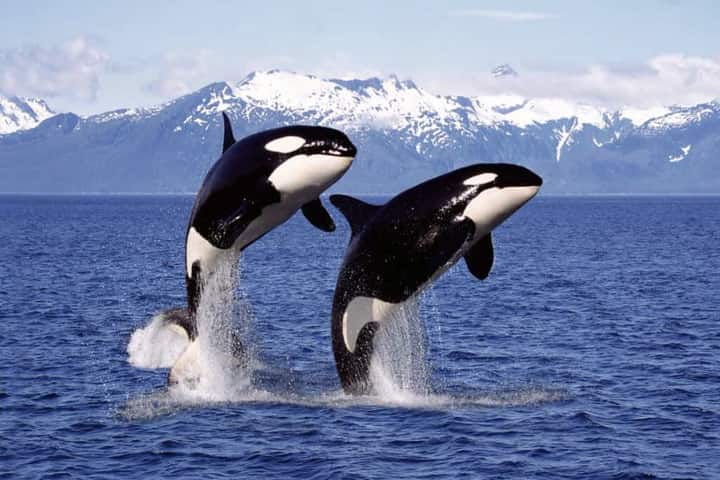Whenever any unusual behaviour among animals is noticed, it does ring a bell in the scientific community as they are keen to know the reason for the change. The latest example of this is the attack by orca or killer whale, a toothed whale belonging to the oceanic dolphin family, on a yacht off Scotland coast in United Kingdom as per a livescience.com report.
Interestingly, this kind of behaviour which had been earlier noted and reported in Portuguese and Spanish waters, as per scientists seems to have “leapfrogged” to another set of orcas. In the Scottish incident, the mammal gunned for the boat’s stern and as per Wim Rutten, the sole person on the boat, seemed to be “looking for the keel”, a part which the killer whales of Portugal and Spain targeted.
The Iberian killer whales numbering 39 have in 18 months sunk three boats and rammed more than 100 and ripped off their rudders. A group of scholars think that White Gladis – an adult female – having lived through a distressing situation like crash with a boat or getting trapped in a fishing net may have become aggressive enough to attack boats.
Among the animals who are part of the attack are 11 juveniles, White Gladis and Grey Gladis, another adult. At times they pursue the boats after breaking their rudders.
It is amazing to see the behaviour from Iberian region reaching Scotland. This as per Alfredo Lopez Fernandez, a biologist and representative of the Atlantic Orca Working Group (GTOA) is dissemination via social learning.
Sharing his views about this, Conor Ryan, Scientific Adviser to the Hebridean Whale and Dolphin Trust, told The Guardian: “It’s possible that this ‘fad’ is leapfrogging through the various pods/communities.”
A behaviour started by one individual or two which is learnt by others through social learning and then abandoned is called a fad.
Even though a distance of 3,200 kilometres exists between Iberian region and the UK’s North Sea, Ryan feels there could be “highly mobile pods that could transmit this behaviour a long distance”.
GTOA experts suggest that this unusual conduct on part of orcas is connected with human activities. Fernandez told The Guardian, fishing, noise pollution and boat traffic, “even in an indirect way, are the origin of this behaviour.”
The attacks on boats may have been triggered due to an incident in which the killer whale and fishing boat were involved during tuna hunting, pointed Monica Gonzalez, a marine biologist with the GTOA.
The Atlantic bluefin tuna every year while migrating from spawning sites to feeding areas, pass through Strait of Gibraltar and they were overfished from 1980s to 2010 and this probably made the killer whales wary of boats whom they perceive as a menace to their food supply and survival.
Summing up Gonzalez remarked: “We think that the other orcas are juveniles and are copying [White Gladis’] behaviour because she is an adult and they think that as an adult ‘we need to do this to survive’.”




















